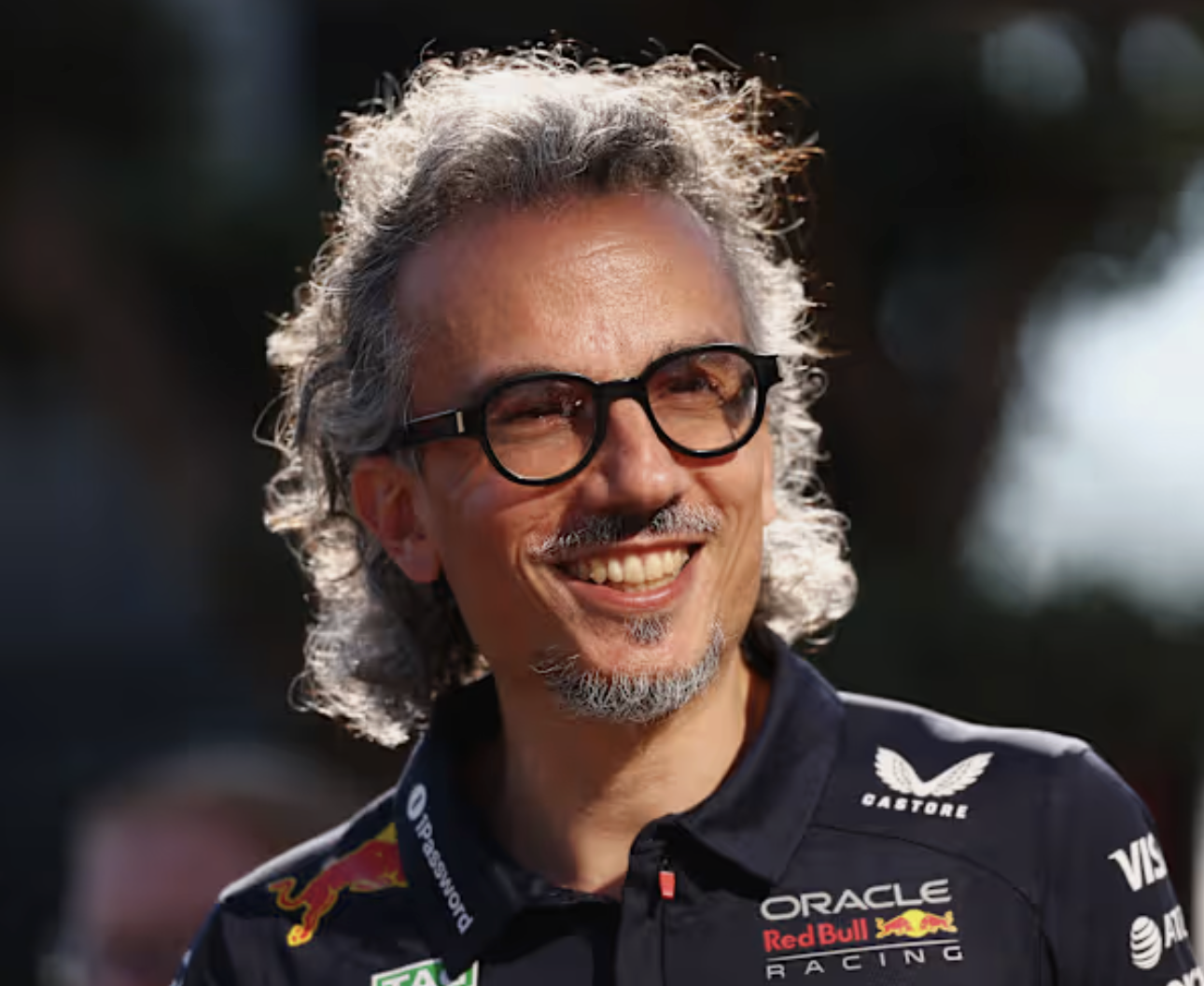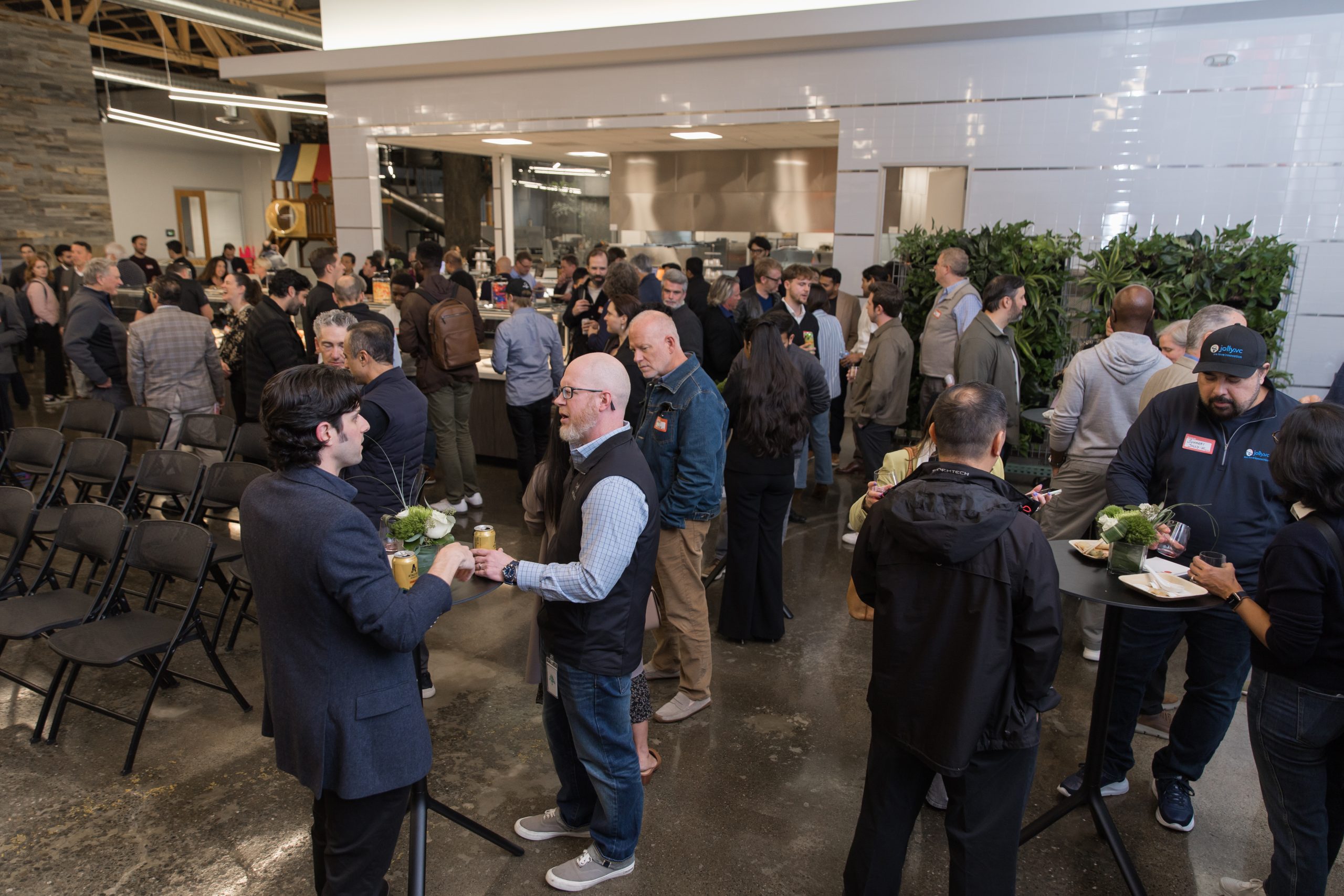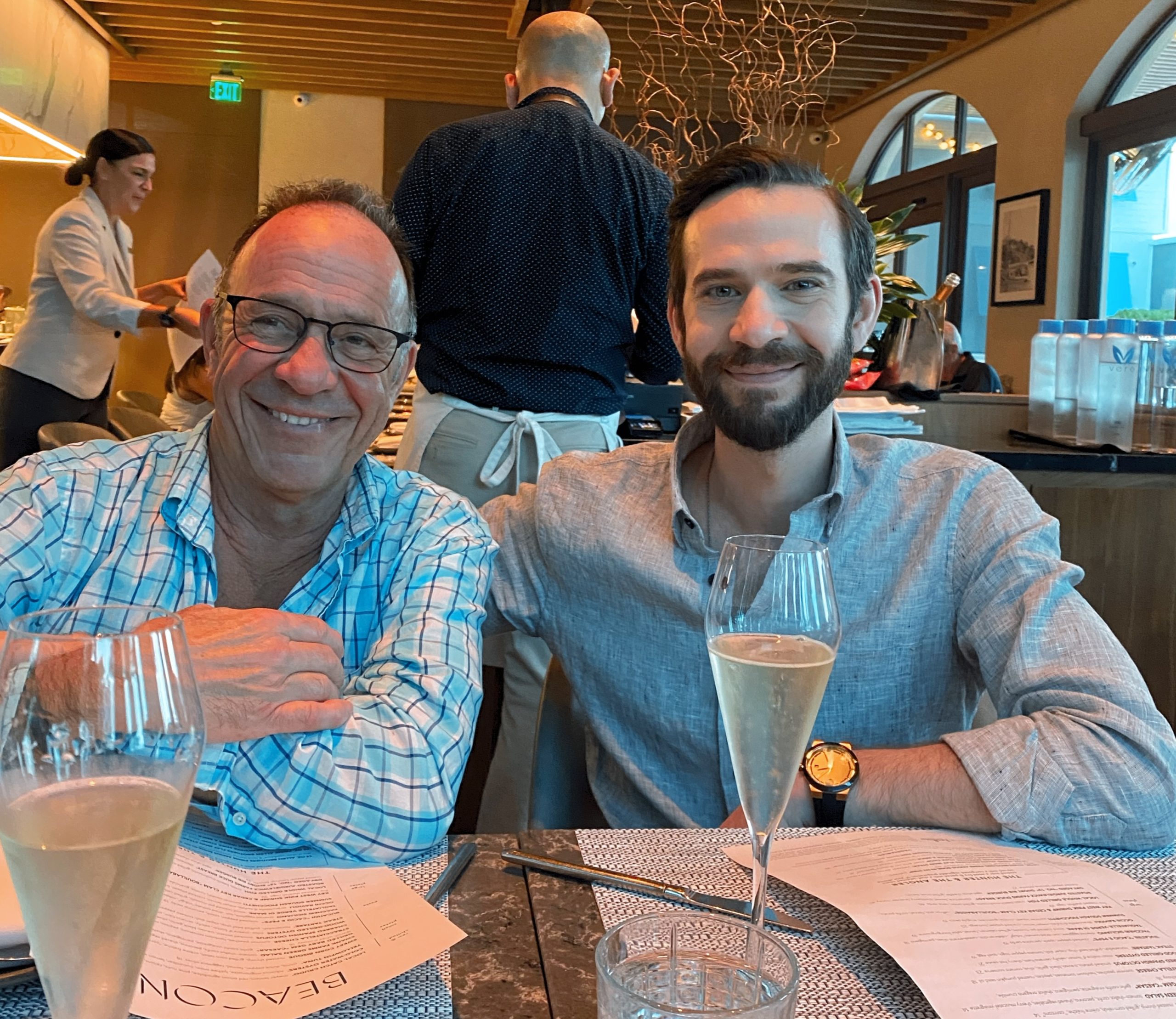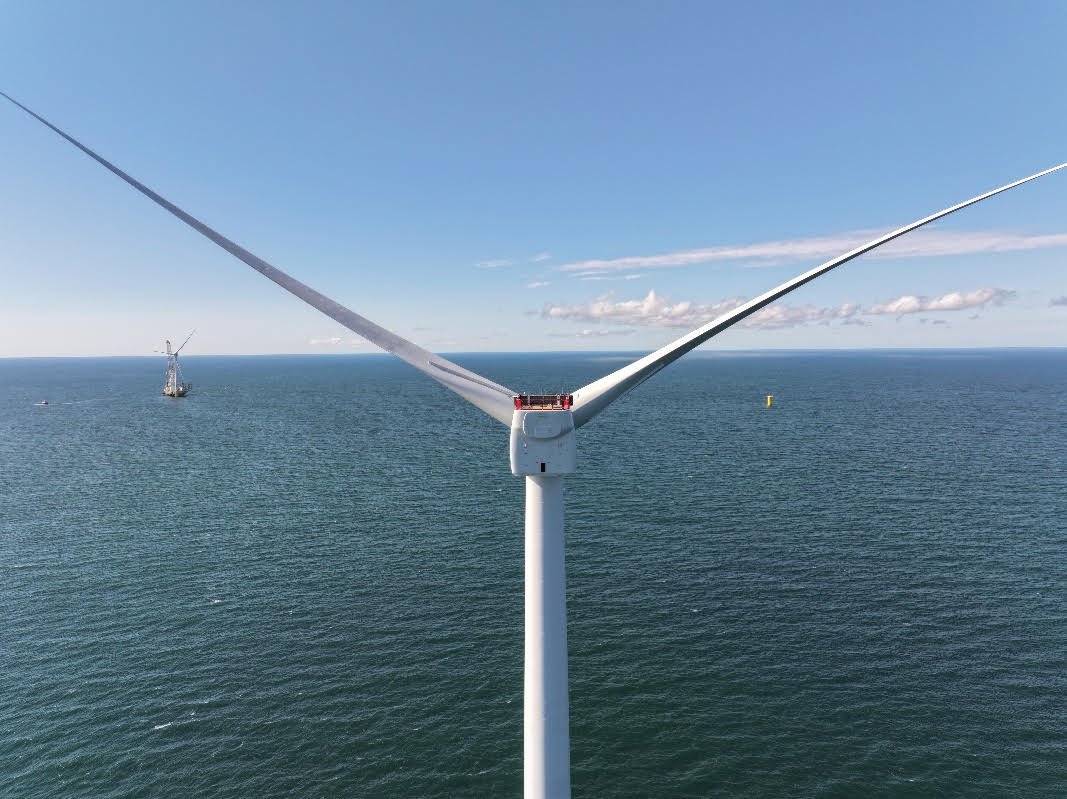
A subtle moment backstage at Web Summit offered a glimpse into the leadership philosophy of Laurent Mekies, the individual now at the helm of Oracle Red Bull Racing. Approached by a production crew member, easily twice his stature and clearly starstruck, Mekies was steered toward a soundboard for a selfie. Instead of exhibiting annoyance at the interruption, a reaction some executives leading a 2,000-person organization might display, Mekies maintained a calm, accommodating smile. This brief interaction, though minor, could be profoundly indicative of the man who, just four months prior, assumed the significant role of CEO, becoming only the second person to lead Red Bull Racing in its two-decade history.
A New Era at Milton Keynes
Mekies’ appointment in July arrived with a degree of unexpectedness, following the departure of Christian Horner, the outspoken executive who had guided Red Bull since its Formula 1 debut in 2005. Horner, a figure synonymous with the team’s aggressive, media-savvy persona and a master of F1’s competitive gamesmanship, left a substantial void. Mekies, who had been managing the team’s sister outfit, then known as Racing Bulls, for a little over a year, was suddenly thrust into the spotlight. The transition marked a pivotal shift for Red Bull Racing, a team that had carved out a formidable reputation for innovation and on-track success, including multiple drivers’ and constructors’ championships, particularly during the dominant eras of Sebastian Vettel and more recently, Max Verstappen. The CEO role at a top-tier Formula 1 team is not merely administrative; it involves overseeing vast technical operations, managing high-profile personnel, navigating complex commercial partnerships, and maintaining a relentless pursuit of performance in a sport where success is measured in fractions of a second.
Mekies’ background stands in stark contrast to his predecessor’s more public-facing style. Having spent the majority of his career immersed in the technical intricacies of motorsport engineering, his approach to achieving competitive advantage is deeply rooted in process optimization rather than overt showmanship. He perceives performance gains not solely in the traditional domains of aerodynamics or tire compounds, but in the meticulous eradication of inefficiencies within workflows and operational processes. This engineering-centric view reflects a growing trend in modern Formula 1, where data analytics, software optimization, and streamlined internal operations are increasingly critical determinants of success, often as impactful as pure mechanical horsepower or aerodynamic downforce.
The Engineering Mindset: Optimizing Performance Beyond the Track
Mekies articulated his philosophy on stage, emphasizing the importance of eliminating "noise" from the complex ecosystem of a Formula 1 team. This perspective extends directly to Red Bull Racing’s strategic partnerships. A prime example is the collaboration with 1Password, a cybersecurity firm whose CEO, David Faugno, shared the Web Summit stage with Mekies. The timing of their respective appointments, both assuming leadership of iconic brands within the same week, added a unique resonance to their joint appearance.
At first glance, a partnership between a cybersecurity company and an F1 team might appear unconventional. Security protocols, by their very nature, often introduce friction—passwords, multi-factor authentication, and verification processes can inherently slow down operations. In the high-velocity world of Formula 1, where milliseconds define victory or defeat, such delays are typically deemed unacceptable. However, Mekies views 1Password not as a hindrance, but as an indispensable component of Red Bull’s competitive edge. He explained that team members are constantly logging in and out of sophisticated systems—spanning aerodynamics, vehicle dynamics at the track, factory operations, simulators, and wind tunnels. By integrating 1Password, Red Bull Racing has paradoxically achieved greater speed and efficiency. The seamless, secure access provided by the platform allows personnel to navigate these critical systems more rapidly than they could previously, even with enhanced security levels.
This seemingly minor operational improvement underscores a fundamental principle in Formula 1: small advantages compound significantly. "You are looking after the tiniest competitive advantage, one after the other," Mekies remarked. He elaborated that the team’s "tech genius" and personnel are constantly seeking ways to mitigate the unavoidable operational "noise" inherent in a large, multifaceted organization. With solutions like 1Password, Red Bull aims to reduce this noise, thereby liberating more time and mental energy for the core business of racing and development. This focus on optimizing the human-machine interface, ensuring that the vast intellectual capital of the team is applied maximally, is where Mekies believes true performance emanates. It represents a broader trend in high-performance industries, where digital transformation and cybersecurity are no longer mere support functions but integral drivers of competitive advantage.
A Career Forged in the Crucible of Motorsport
At 48 years old, Mekies possesses a comprehensive understanding of Formula 1, having experienced it from virtually every professional angle. His academic journey began at ESTACA, a prestigious engineering school in Paris, followed by further studies at Loughborough University in the United Kingdom. His motorsport career commenced in Formula 3 in 2000, quickly transitioning to Formula 1 with the Arrows team in 2001. In 2003, he joined the Italian Minardi team as a race engineer, a crucial role involving direct communication with drivers and real-time strategic decisions during races.
A significant turning point in Mekies’ career came in 2006 when Red Bull acquired the struggling Minardi outfit, rebranding it as Toro Rosso. The vision was clear: to establish a junior team dedicated to nurturing emerging talent, a proving ground for future Red Bull Racing stars like Max Verstappen. Mekies’ capabilities were recognized, leading to his promotion to Chief Engineer, a position he held for eight years, deeply embedding him in Red Bull’s unique motorsport ecosystem.
Following his tenure at Toro Rosso, Mekies embarked on a pivotal role at the Fédération Internationale de l’Automobile (FIA), the global governing body for motorsport, as its safety director. During this period, he played a crucial part in championing the development and implementation of the "halo" system—a titanium safety device designed to protect a driver’s head, mounted above the cockpit of Formula 1 cars. Initially met with resistance and skepticism from some quarters due to its aesthetic impact and perceived obstruction, the halo has since proven invaluable in preventing serious injuries and fatalities, becoming a universally accepted and lauded safety innovation in motorsport. This chapter of his career demonstrated Mekies’ commitment not just to performance, but to the fundamental well-being of the sport’s participants.
After his impactful stint at the FIA, Mekies moved to Ferrari as deputy race director, spending five years with one of F1’s most iconic and storied teams. This experience offered him insights into the operational and political dynamics of a rival top-tier constructor. His eventual return to Red Bull’s junior team, which by 2024 had been renamed Racing Bulls, completed a full circle, positioning him perfectly for his ultimate ascension to the leadership of Oracle Red Bull Racing. This diverse professional trajectory—spanning junior teams, a global governing body, a rival front-running team, and then back to the Red Bull family—provides Mekies with an unparalleled breadth of experience and a multi-faceted perspective on the sport’s technical, regulatory, and competitive landscape.
Leadership in the Modern F1 Landscape
Mekies’ leadership style, as observed and articulated, marks a departure from the more flamboyant or outspoken approaches often seen among F1 team principals. Following Max Verstappen’s victory at the 2025 Italian Grand Prix at Monza, which set a record as the fastest race in F1 history, reporters pressed Mekies on his contribution to the triumph. His response was characteristically self-effacing: "I have zero contribution." When met with laughter, he emphatically added, "I’m not kidding."
When asked about this moment later, Mekies simply shrugged. "All we do as leaders is put our people in a position to be able to express their talents. So it is very much their win." This humility, rather than indicating a lack of conviction, reflects a profound belief in collective effort and empowerment. He articulated his philosophy clearly, stating, "I don’t think the approach matters. I don’t think it’s leadership style. You will find every possible style in leadership. I think what matters in leadership is care for the people and a care-for-the-company culture."
In an environment where individual drivers often garner the lion’s share of attention, Mekies deliberately focuses on the 2,000 individuals working tirelessly behind the scenes. "Your first thoughts are for the 2,000 people back in the factories who have never given up on this season," he emphasized. Maintaining motivation and a fighting spirit within such a large, high-pressure organization demands immense energy and a deeply ingrained company culture. This "servant leadership" approach, prioritizing the team’s well-being and enabling their expertise, is increasingly recognized as a potent force in sustaining long-term performance, especially in technically complex and intensely competitive fields like Formula 1. It contrasts with historical F1 leadership models that might have been more autocratic or personality-driven, suggesting an evolution in how top-tier motorsport organizations are managed.
Strategic Gambles: Navigating Regulatory Shifts
Mekies’ humility does not equate to a reluctance to take calculated risks. The Monza victory also validated a somewhat surprising strategic decision made earlier in the season. Despite a challenging start to the 2025 campaign, Mekies and his team opted to continue pushing development on the current car, rather than immediately shifting all resources to the 2026 challenger. "We were not happy about where the car performance had been at the beginning of this year and up until the middle of this year," Mekies explained. "We decided to press on a bit more with 2025. We didn’t feel that we could simply turn the page and have wishful thinking about how everything will be better next year."
This decision was particularly audacious given the impending radical regulatory overhaul for 2026, which includes entirely new chassis rules and, critically, new power unit regulations. Most competing teams had already begun diverting significant resources and personnel to the development of their 2026 cars, aiming for a head start under the new technical framework. The strategic dilemma is a common one in F1: how to balance the demands of the current season with the imperative to prepare for a future defined by new rules. Mekies’ rationale was rooted in a deeper understanding of the team’s current performance. "We felt we had to get to the bottom of what had not been working," he stated. "We perhaps pushed a bit more than some of the competition. And luckily, it gave us this turnaround in form."
This commitment to understanding and rectifying current issues, rather than simply hoping for a fresh start, paid dividends. While the team now heads into the winter development period with potentially less time allocated to the 2026 car compared to some rivals, Mekies believes they possess something far more valuable: "a lot more trust in our tools, in our methodologies, in our process." This confidence, born from successfully diagnosing and resolving performance deficits, could be a critical intangible asset as they embark on the monumental task of preparing for the next generation of Formula 1.
The Audacious 2026 Power Unit Project
If the 2025 turnaround was a significant risk, the 2026 season represents an even more monumental undertaking for Red Bull Racing. Mekies describes it as a "crazy adventure": for the first time in its history, Red Bull will be building its own power unit, in collaboration with Ford. Historically, Red Bull Racing has relied on engine suppliers, most recently Honda-based units since 2019. This transition from a customer team to a full-fledged power unit manufacturer is arguably the most ambitious project in the team’s history. "For Oracle Red Bull Racing, there are no other words to describe next year other than as a crazy challenge. That’s how big it is for us," Mekies asserted.
To grasp the sheer scale of this endeavor, Mekies offered a vivid description: "We are going to do our own power unit with the support from Ford, and we are going to compete against people that have been manufacturing Formula One engines for more than 90 years. It’s the sort of crazy level that only Red Bull can do." The commitment involves establishing an entirely new, state-of-the-art facility in Milton Keynes, UK, "from zero." This includes constructing buildings, installing massive, sophisticated engine test rigs (dynos), recruiting a workforce of 600 highly specialized engineers and technicians, fostering their collaboration, and ultimately designing, developing, and refining a competitive engine package ready for the demanding F1 grid. This project represents an enormous financial investment and an unprecedented technical challenge, placing Red Bull Powertrains (the new entity) in direct competition with established giants like Mercedes, Ferrari, and Renault, all with decades of engine-building expertise. It also signals a deeper integration of Ford into Formula 1, aiming to leverage the sport’s global platform for technological transfer and brand visibility.
When asked if he could promise Max Verstappen a championship-winning car for 2026, Mekies’ response was pragmatic and direct. "We would be silly to think that we just go in there and are going to be at the right level straight away. This is not going to happen," he admitted. However, he quickly added, "But we take it the Red Bull way. We take it with all the high-risk, high-gain approach that we cherish." This encapsulates the Red Bull ethos: a willingness to embrace ambitious, unconventional challenges, understanding that significant rewards often accompany significant risks. The social and cultural impact within the F1 community of a team like Red Bull taking on engine manufacturing is profound, pushing the boundaries of what is considered achievable for a relatively young constructor.
Chasing Milliseconds: The Relentless Pursuit of Excellence
Despite the immense challenges on the horizon, Mekies retains a strong sense of optimism. Currently positioned third in the constructors’ standings, just behind Mercedes, Red Bull Racing has a realistic opportunity to overtake them for second place in the final three races of the current season. While this might be a step down from the team’s recent era of dominance, a strong finish would signify a remarkable recovery from a difficult start to the year, showcasing the team’s resilience and the effectiveness of Mekies’ strategic decisions.
Backstage, as preparations for the Web Summit panel discussion concluded, Mekies was asked about the pressure of these crucial final races. His answer was characteristically methodical and focused. "We always say that we take it race by race. So that’s what we are going to do in the next three races," he explained. The objective, he clarified, is always "to turn up at the racetrack, put the car in the right window," referring to the narrow optimal operating range for a Formula 1 car, "and fight for the win."
Acknowledging the immense difficulty of competing at the pinnacle of motorsport, Mekies praised the collective effort: "Everyone in Milton Keynes has been doing such a tremendous job to turn the car around and to give us a competitive package for the end of the season." He insists that he avoids dwelling on points tables or hypothetical scenarios, preferring to maintain a singular focus. "We don’t look at the numbers. We know there is a lot happening in the [F1 team standings], but we only look at it race by race."
This relentless, granular focus, he concluded, defines Red Bull Racing’s core mission. "That’s the only thing we do," he stated, encapsulating the essence of their pursuit: "Chasing lap times." In Laurent Mekies, Red Bull Racing has found a leader who embodies this philosophy, translating the engineering precision of the track into the strategic management of a global motorsport powerhouse, ready to navigate the complex challenges and opportunities of Formula 1’s evolving landscape.






